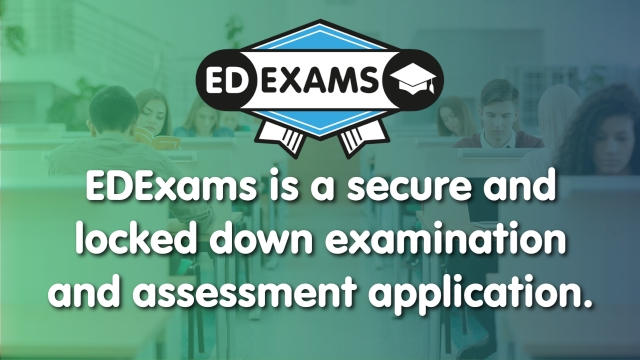The debate over mock exams is likely to continue for many years, so why not make the most of them while they’re around?
The results that mocks deliver across the subject spectrum can have a positive impact on learning and examination outcomes when it gets to the real thing.
Here are five outcomes that can be derived from any set of mocks:
1. Identify knowledge gaps
This first one is actually contentious, as some argue that the time spent prepping for mocks could be better spent plugging knowledge gaps in the first place.
It’s true that parts of the syllabus taught later in the year are evidently going to be included in any ‘knowledge gap’. However, elements that teachers believe they’ve covered sufficiently can be flagged up in mocks and can those issues can subsequently be addressed, hopefully having a positive effect on the final exam outcome.
2. Allow techniques to be sharpened
It’s true that, until a pupil goes through a timed and rigorous GCSE paper, they don’t know how they should approach either their revision or the examination itself.
Mocks will deliver a tangible set of results that should help to uncover which skills need to be sharpened.
For instance, students may have gone into an exam feeling that they know all about time management skills, but their results may show that they ran out of time towards the end. This is something that can then be addressed before the final exams.
3. Testing improves retention
A study published in Psychological Science in 2006 found that the act of testing improves the retention of information:
If students are tested on material and successfully recall or recognise it, they will remember it better in the future than if they had not been tested.
So, even the act of sitting mocks and obtaining confirmation that, yes, they did know some of the material can help that knowledge to stick in their brains while the rest of the curriculum is taught.
4. Mock results feed into predicted grades
Predicted grades at both GCSE and A-Level have their own contentious arguments to contend with but, again, while they’re utilised, let’s figure out the best way to use them.
If predicted grades are arrived at sensibly, they give students something sensible to work towards, and it can spur them on to greater effort if the predicted grade is below what they need to continue study.
Some students, however, can see their predicted grades as a ceiling rather than a target, especially if schools underestimate grades. There’s also the problem that recent changes to GCSEs mean that teachers can find it difficult to know how students will do on the new final exams. In this instance, of course, mocks can also help improve those outcomes.
5. Students can be moved according to their needs
For every student that has been placed in a class that works too slowly for them, another has been placed in one that works too quickly.
While teachers will often spot these issues, mock exams can be the final proof that a pupil is in the wrong class.
Transferring to a different one that works at the right pace can be the difference between them sitting a paper that is too easy or hard for them, meaning that they don’t get the grade they should in their final exam.
If you want to find out how EDExams can help deliver and manage mock exams in your establishment, get in touch with us for a free demo.











